Federal prosecutors have unveiled a sophisticated drone operation used to smuggle drugs and other Contraband into Georgia state prisons. The scheme, which ran for five years starting in 2019, involved nearly two dozen people and highlights the growing challenge of drone-based contraband delivery in correctional facilities.
According to a report from The New York Times, authorities have charged 23 individuals in two separate indictments for their alleged roles in the operation.
The Drone Smuggling Operation
The smuggling network, comprising current and former inmates, used drones to airdrop drugs, cellphones, and other contraband onto prison yards. The operation was highly coordinated, with inmates using contraband cellphones to communicate with outside associates and orchestrate precise drone deliveries.
“I just need to know when you taking off and when the pack drop we will be on the yard when it drops you will hear us when we get it,” read one text sent by an inmate in January 2023.
Prosecutors revealed that the smugglers used Google Maps satellite imagery to pinpoint exact drop locations, often “directly in the middle of the yard.”
Scope and Impact
The drone smuggling schemes affected multiple Georgia state prisons, including Smith State Prison in Glennville and Telfair State Prison in McRae-Helena. Officials seized ten drones and 21 firearms during the investigation, dubbed “Operation Night Drop.”
Jill E. Steinberg, the U.S. attorney for the Southern District of Georgia, stated that these operations “compromise the safety and security of individuals who are held in those facilities and those employed there, and further endanger members of the outside public.”
Charges and Penalties
Twenty-two of the indicted individuals face charges of conspiracy to possess with intent to distribute marijuana and methamphetamine, carrying a potential sentence of 10 years to life in prison. The 23rd person was charged with possession of methamphetamine with intent to distribute and possession of a firearm in furtherance of drug trafficking.
DroneXL’s Take
This case underscores the dual-use nature of Drone Technology and the ongoing challenges faced by correctional facilities in countering illicit drone operations. While drones have proven invaluable in search and rescue missions and other beneficial applications, their potential for misuse in smuggling operations remains a significant concern.
As drone technology continues to advance, it’s crucial for correctional facilities and law enforcement agencies to develop robust counter-drone strategies. This may include implementing drone detection systems, training staff on drone threat awareness, and working with drone manufacturers to incorporate geofencing around sensitive areas.
What are your thoughts on the use of drones in smuggling operations and potential countermeasures? Share your opinions in the comments below.
Discover more from DroneXL
Subscribe to get the latest posts sent to your email.

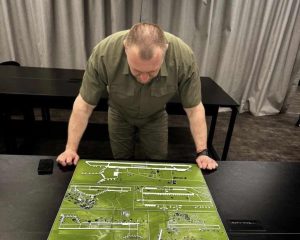
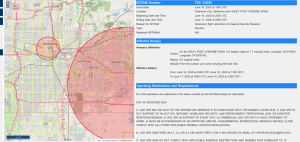
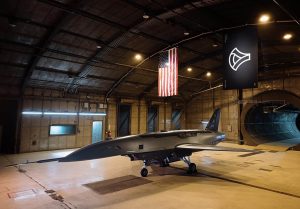

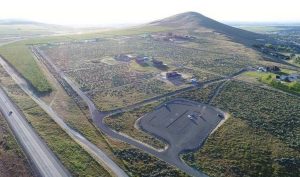
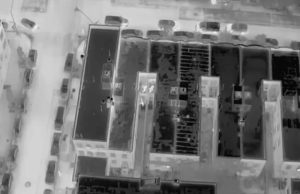


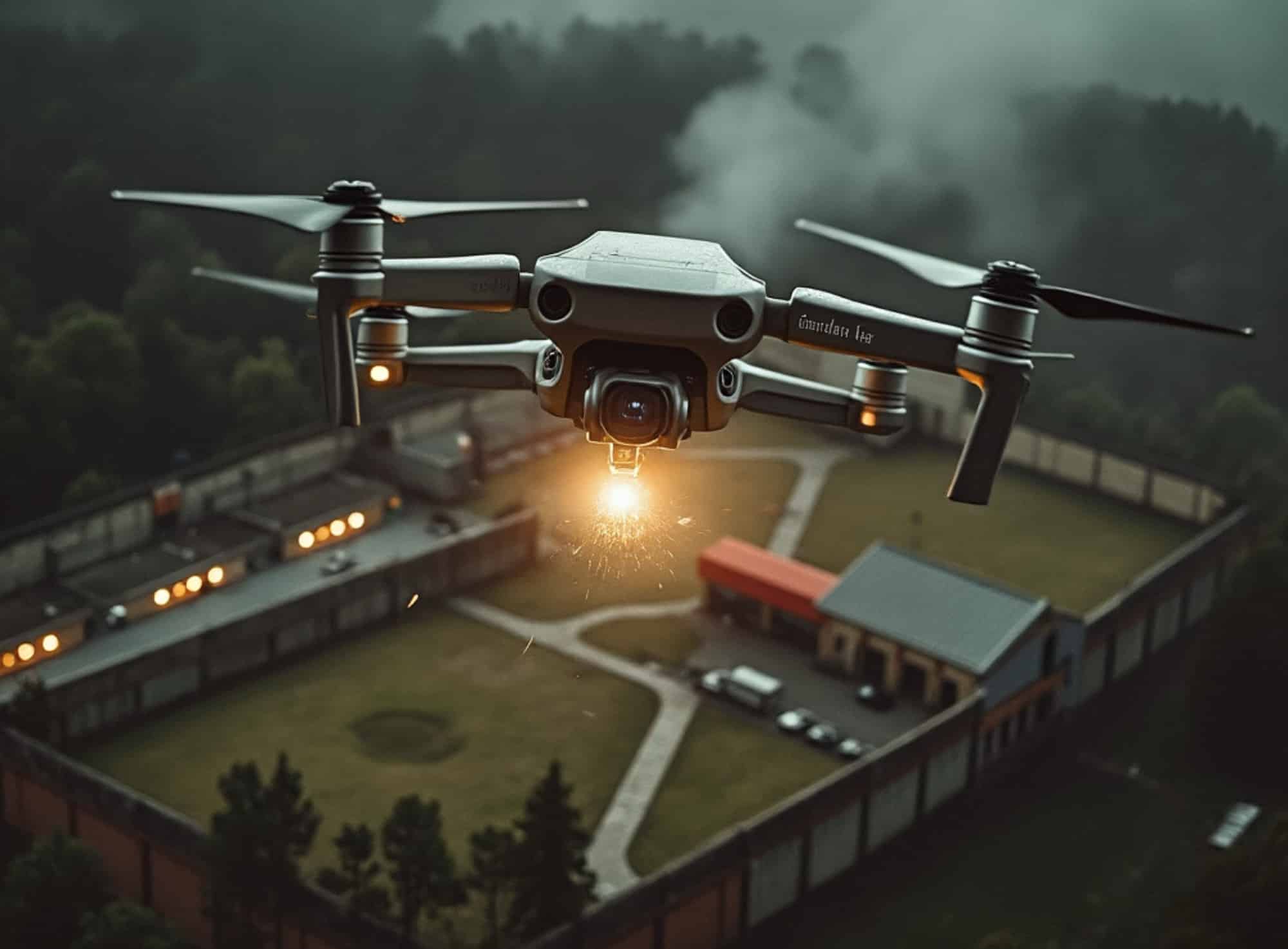
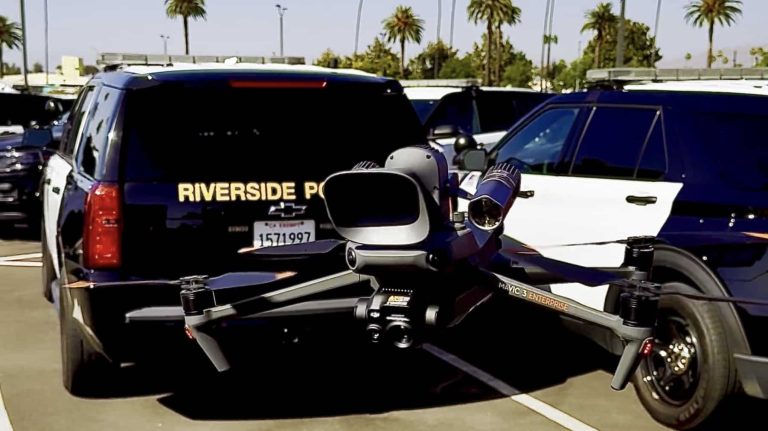
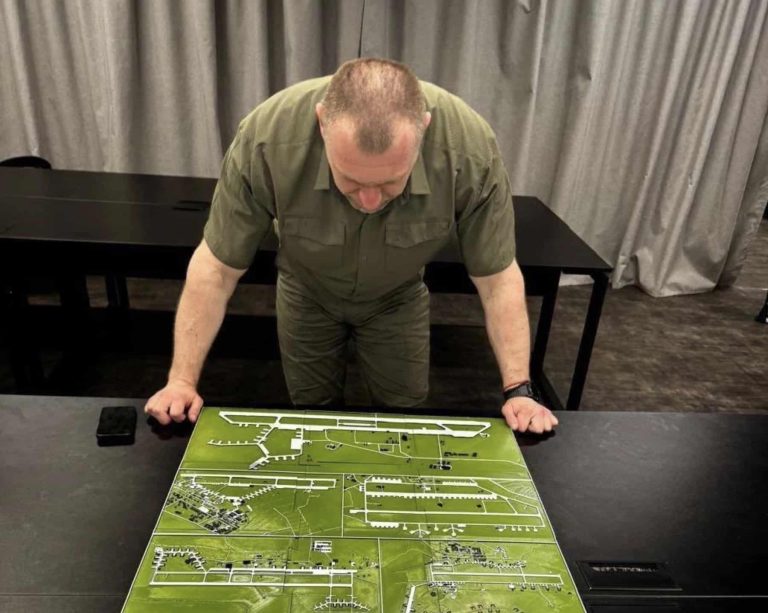
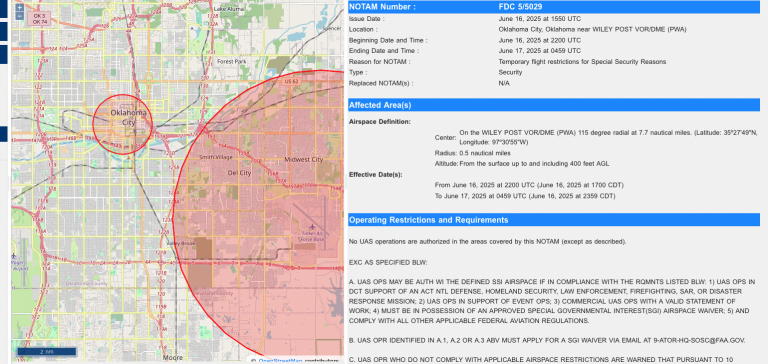
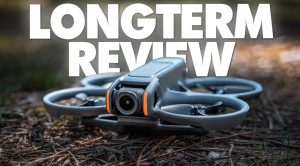

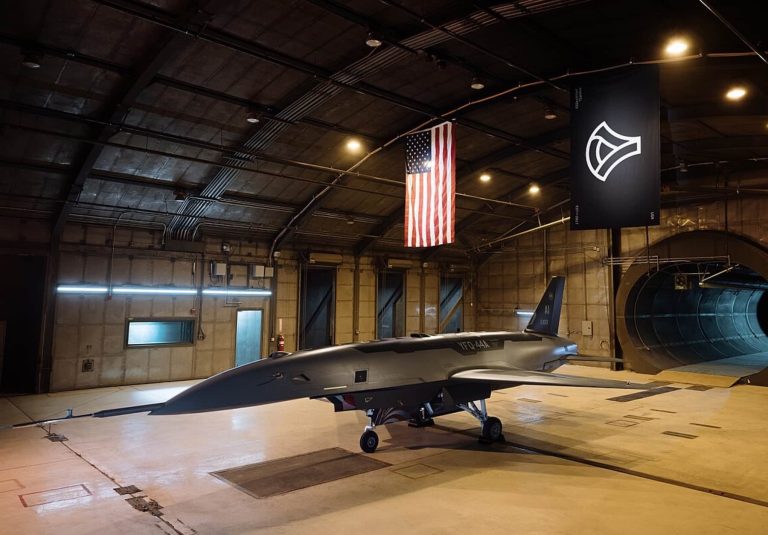
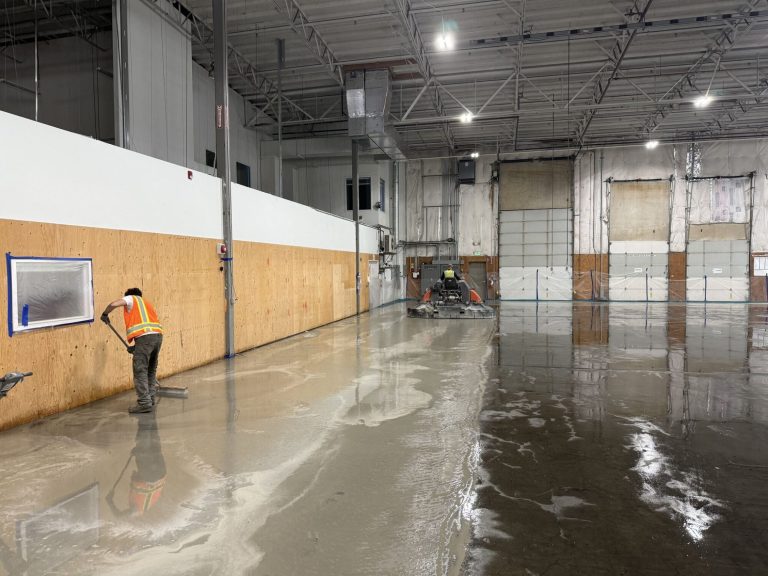
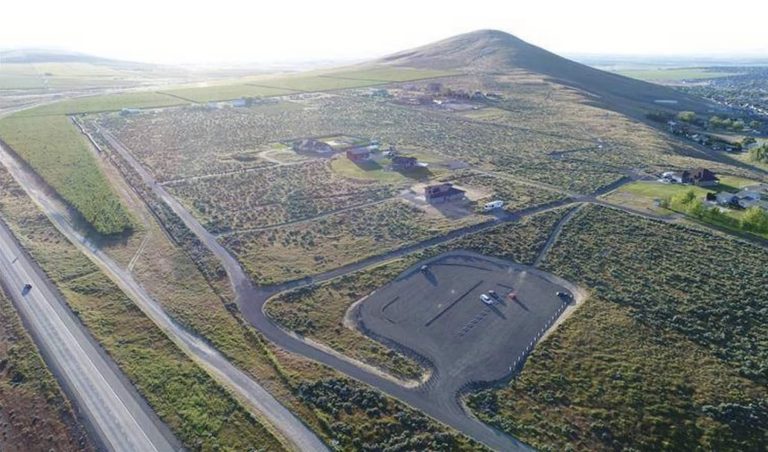
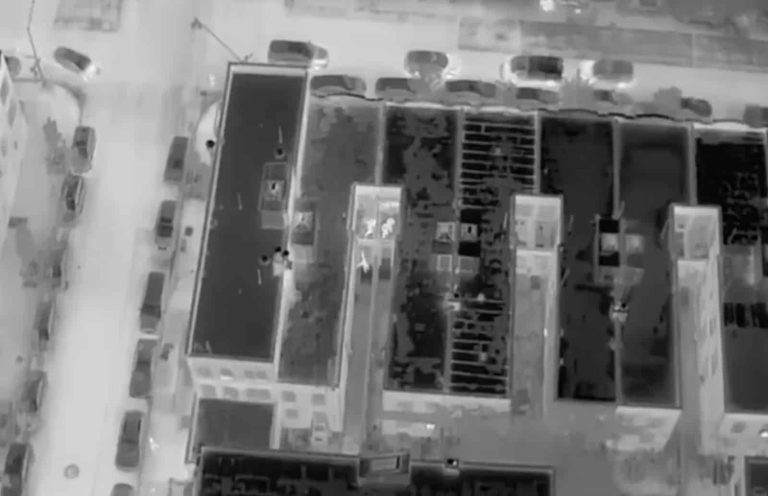

+ There are no comments
Add yours